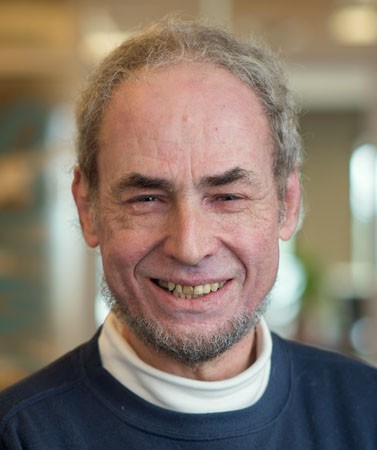Geoffrey Newman
Research Area
About
My principal affiliation has been the University of Toronto, where I started as an Assistant Professor and then returned in the late 1990’s. In between, I had substantial stays at Drew University and the London School of Economics. I have previously been Visiting Research Economist, University of California Santa Barbara; Director of the Brussels Program, Institute for European Studies, Universite Libre de Brussels; and President, Economists of New Jersey. I first visited UBC in 1994 as an Associate Professor and returned for good in 2002.
My early research interest was in problems of economic coordination that required more than simple price systems to solve. This led to a focus on norms and institutions, and their role in providing information (beyond prices) to generate aggregate equilibria. A very early piece looked at the role of norms in consumer choice theory, where individuals not only received utility from the goods themselves but also from conforming with, or deviating from, accepted consumption conventions. A subsequent idea was that aggregate norms can be informationally efficient if and only if they are stable; in times of social instability and adjustment, they no longer maintain this property and individuals are forced to decentralized search.
Research around 1990 naturally led to a study of the role of institutions in macroeconomic theory in general, and raised the question as to how (exogenous) institutions could play any role in macro models that were complete with respect to rationality. More recent work starting from the Economic Journal piece (with Robert Jones) in 1995 still uses some of the old ideas; linking economic growth with search and matching theories. In a ‘creative destruction’ context, technological or institutional shocks may expand growth potential but they can also be costly since they disrupt existing matching, and force agents to search again. It is shown that there is a potential trade-off between an economy’s growth rate and the extent of its matching efficiency. More recent extensions of this framework include the topics of growth and income distribution and, more important, the ‘political economy’ of growth with vested interests.
I have always attempted to teach in a ‘classical’ style — and with inspiration — and have always enjoyed students who show interest and intellectual creativity.
Teaching
Research
Towards a Theory of ‘Rational’ Distortion. International Review of Economics & Business, Vol. XXXVI, April-May, 1989
Adaptive Capital, Information Depreciation & Schumpeterian Growth. (with Robert Jones), The Economic Journal, July 1995, 897-915
Vancouver Classical Music
My research fields are macroeconomic theory, growth and development, and political economy. I have had an adventurous and fulfilling career teaching all over the world, finally returning to my original home-town, and UBC, in 2002.
I am probably known these days as much for my music journalism as anything else. In January 2014, I launched VANCOUVER CLASSICAL MUSIC, www.vanclassicalmusic.com which will hopefully serve as a complete and definitive reference for serious music in this city. The website tracks ongoing classical concerts, offers season previews, and has almost 500 reviews and interviews with famous musicians on it. Many of the reviews also appear on Seen and Heard International.
